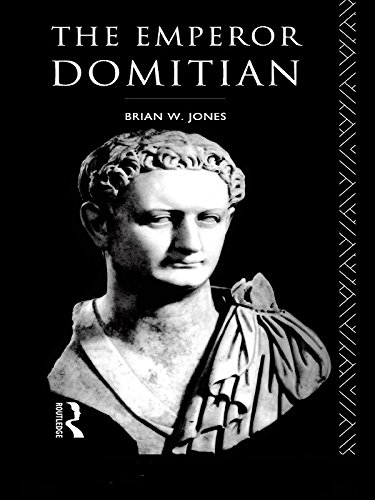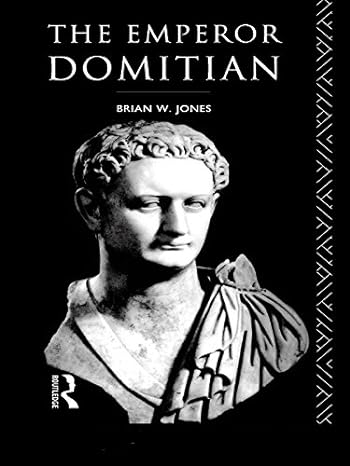
We can all reason from our childhood onwards – but how? ‘How We Reason’ outlines a bold approach to understanding reasoning. According to this approach, we don’t rely on the laws of logic or probability – we reason by thinking about what’s possible, we reason by seeing what is common to the possibilities. As the book shows, this approach can answer many of the questions about how we reason, and what causes mistakes in our reasoning that can lead to disasters such as Chernobyl. It shows why our irrational fears may become psychological illnesses, why terrorists develop ‘crazy’ ideologies, and how we can act in order to improve our reasoning. The book ends by looking at the role of reasoning in three extraordinary case histories: the Wright brothers’ use of analogies in inventing their flyer, the cryptanalysts’ deductions in breaking the German’s Enigma code in World War II, and Dr. John Snow’s inductive reasoning in discovering how cholera spread from one person to another.
Accessible, stimulating, and controversial,
How we Reason presents a bold new approach to understanding one of the most intriguing facets of being human.eBook features:
- Highlight, take notes, and search in the book
- Create digital flashcards instantly

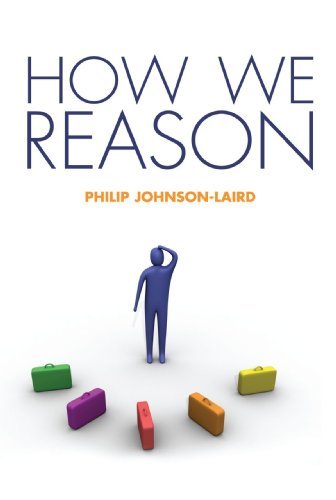
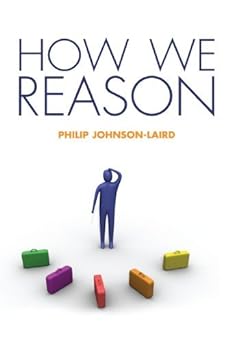
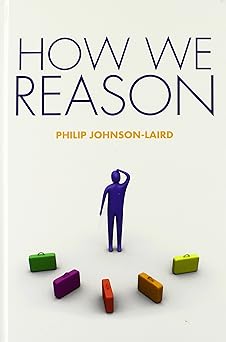
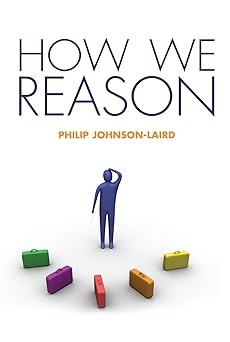
_omf7atvky9.jpg)

_sv9arrklwn.jpg)
_pybeqjatnb.jpg)
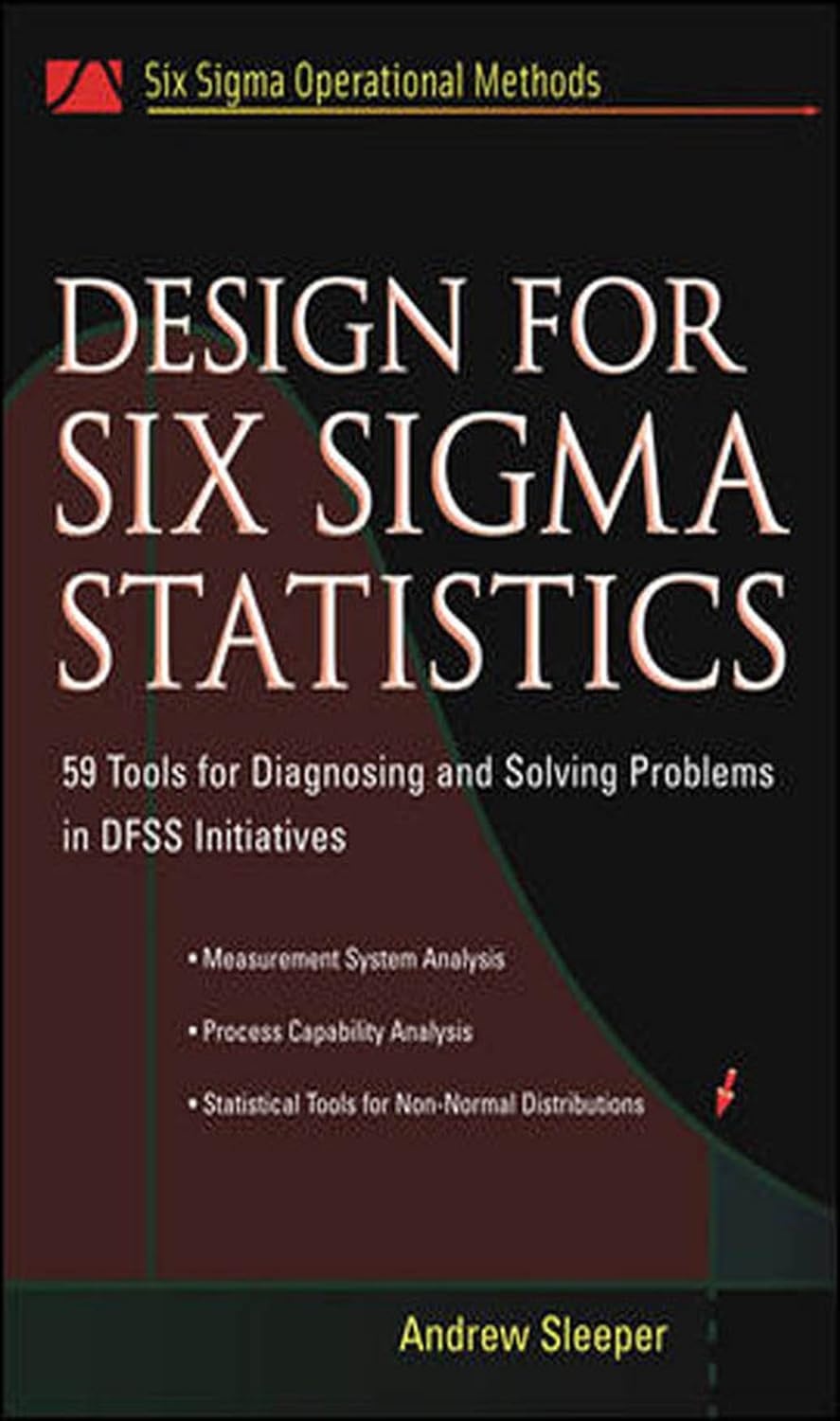
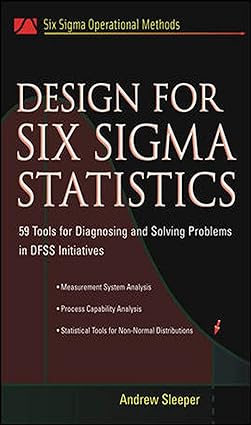
_jqegejqbka.jpg)
_d6yhvb7jjx.jpg)


_czggxxd6hy.jpg)
_ay0l9q7pd9.jpg)
